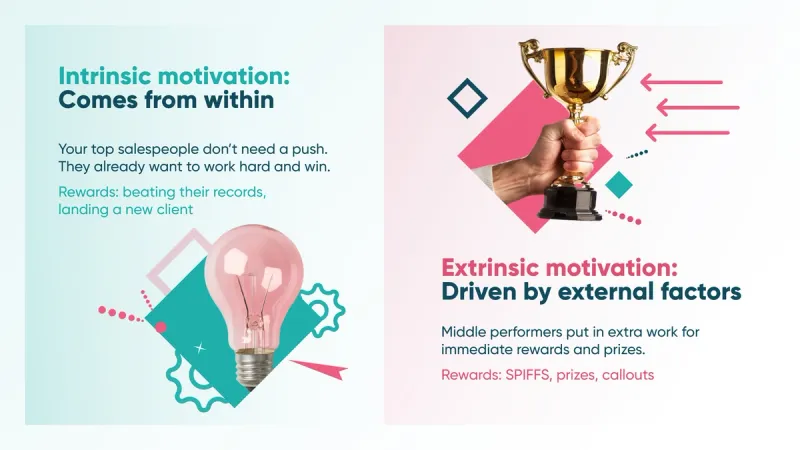
Why Gratitude Is the Best Sales Strategy
Learn why gratitude is a proven driver of motivation and resilience, and how integrating it into daily team interactions can strengthen performance and culture in sales environments.
0 min read.
Gratitude is one of those concepts that’s easy to associate with personal well-being, but it has a much more practical role in how teams function and perform. In sales especially, where the pressure is constant and the results are visible for everyone to see, the ability to stay grounded and motivated can make a noticeable difference in how people show up each day. What often gets overlooked is how something as simple as expressing gratitude can help create that stability.
Recent research backs this up. A 2024 study from UC Berkeley’s Greater Good Science Center found that people who regularly practice or receive gratitude show higher motivation, greater resilience under pressure, and more consistent performance after setbacks. The study quantified the impact in a way that’s especially relevant for sales teams: individuals who engage in gratitude are 25% more motivated and 40% more resilient when things get difficult. It’s a meaningful reminder that emotional factors can have a measurable effect on performance, not just on how people feel.

In a sales environment, gratitude can change how teams interpret the day-to-day work. It shifts attention away from focusing solely on closed deals and end results, and toward the effort, learning, and progress that happen in between. When people feel appreciated for the parts of the job that don’t always produce immediate wins — the follow-ups that eventually pay off, the collaboration that helps others succeed, the persistence after a challenging call — it becomes easier to stay engaged during the parts of the job that are less glamorous but absolutely necessary.
Managers play a major role in setting this tone. The way they acknowledge their teams influences what becomes valued in the culture. When managers thank reps for their follow-through, recognize the behind-the-scenes work, or highlight acts of teamwork, they reinforce behaviors that support long-term performance. Gratitude doesn’t need to be formal or tied to a major accomplishment; it can be as simple as noticing effort in real time and naming it. Over time, those habits help create an environment where people feel supported and more willing to push through challenges.
One of the most important things about gratitude is that it supports intrinsic motivation, the kind that comes from feeling connected to one’s work, not from external rewards. Intrinsic motivation is what helps people keep going after a tough day or stay engaged during slower cycles. It’s also the type of motivation that tends to last the longest. When gratitude becomes part of how a team operates, it quietly reinforces that the work someone is doing has purpose, even when the outcome isn’t immediate.

With everything happening in a given sales cycle, it’s easy to overlook the moments that deserve appreciation. But taking a few seconds to acknowledge someone’s effort or thank them for staying committed can have a much larger impact than it seems. It helps people recover faster from setbacks, stay connected to the team, and maintain the level of motivation needed to keep moving forward.
Gratitude won’t replace strategy or skill, but it does shape the environment those things live in. And in a field where consistency matters as much as talent, that environment can make all the difference.







